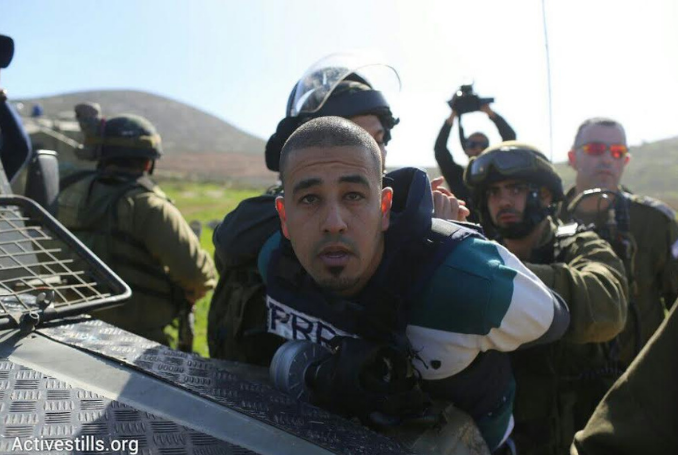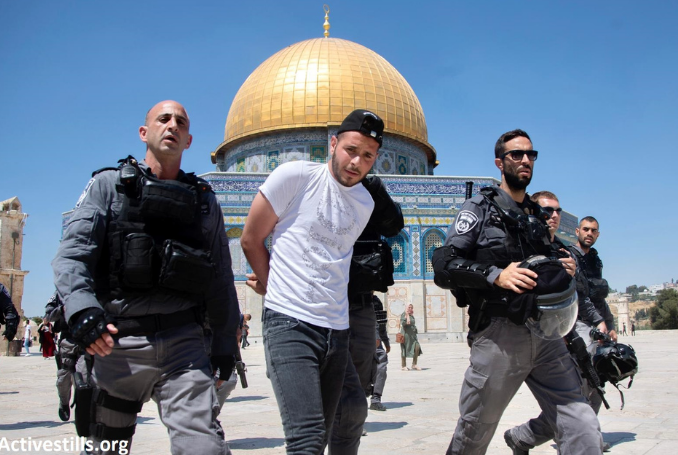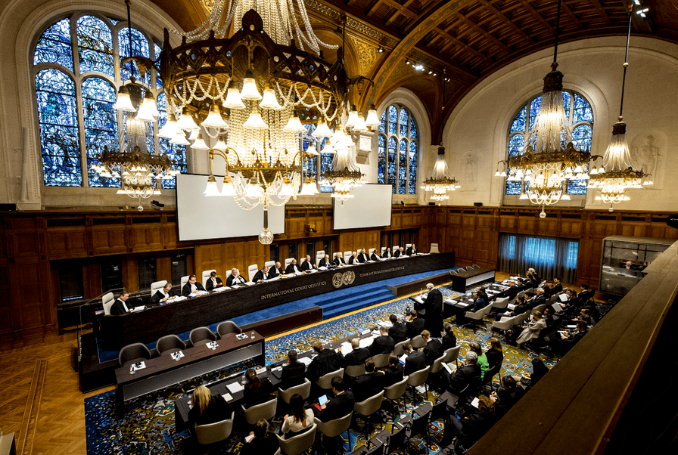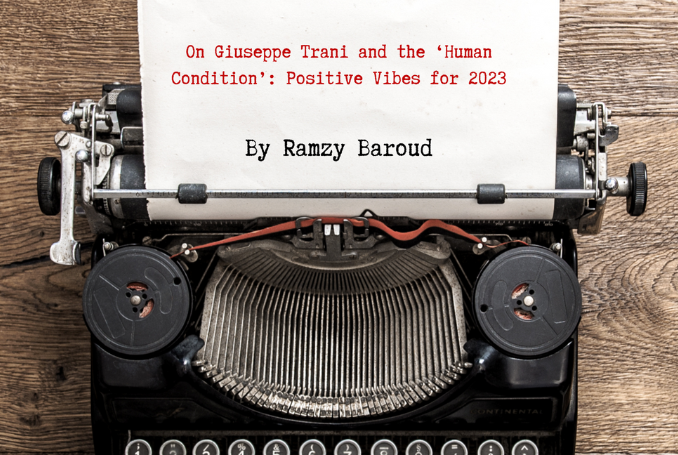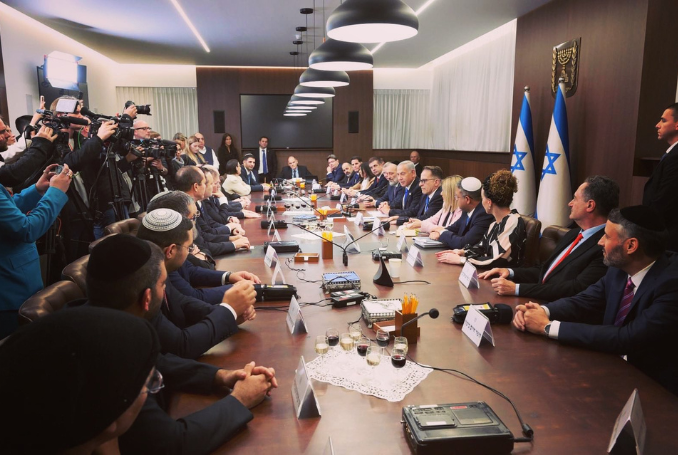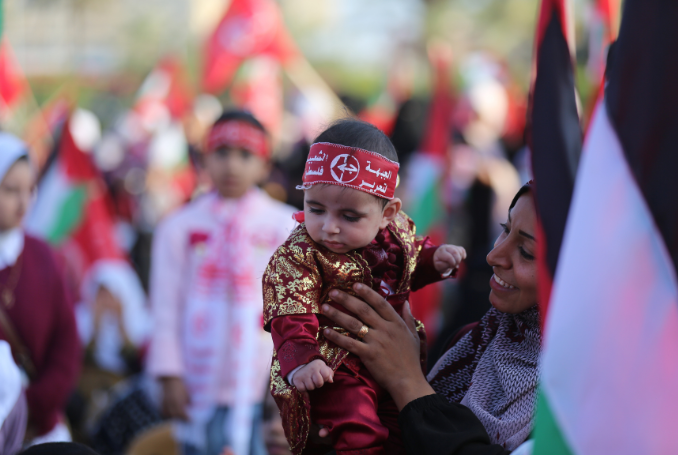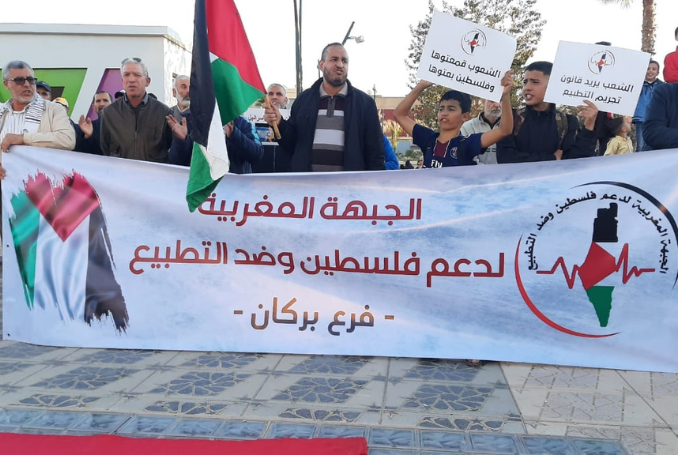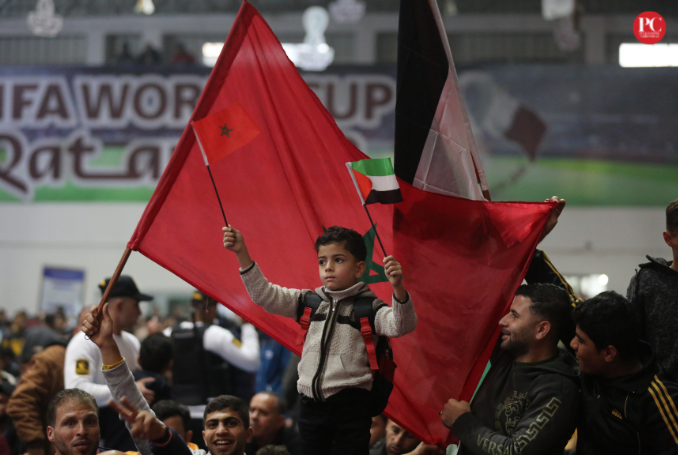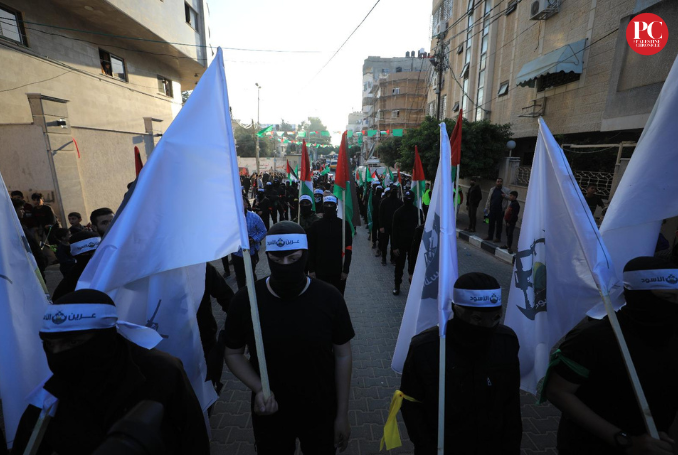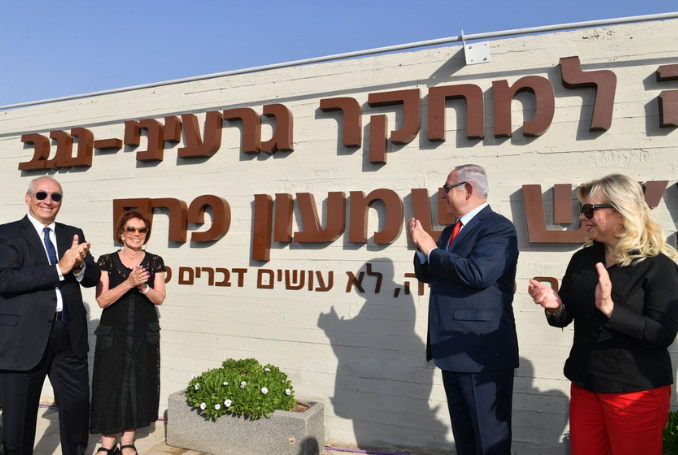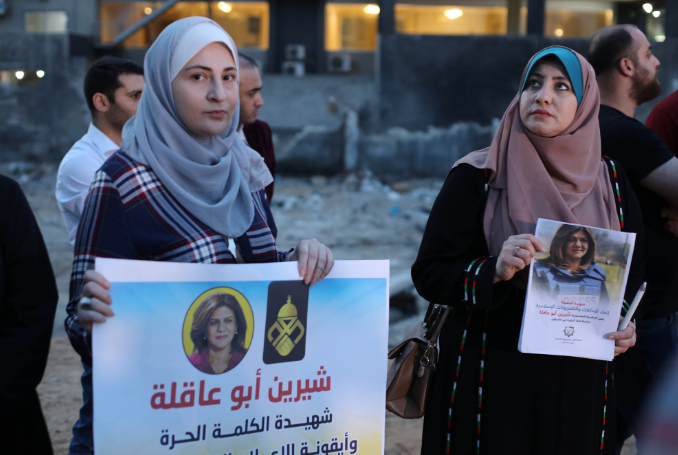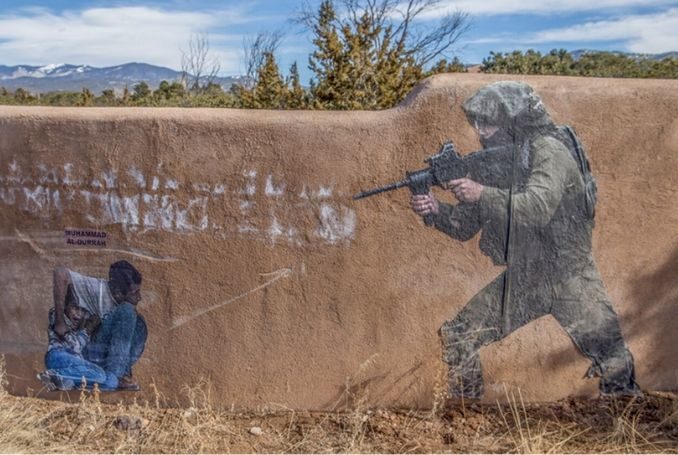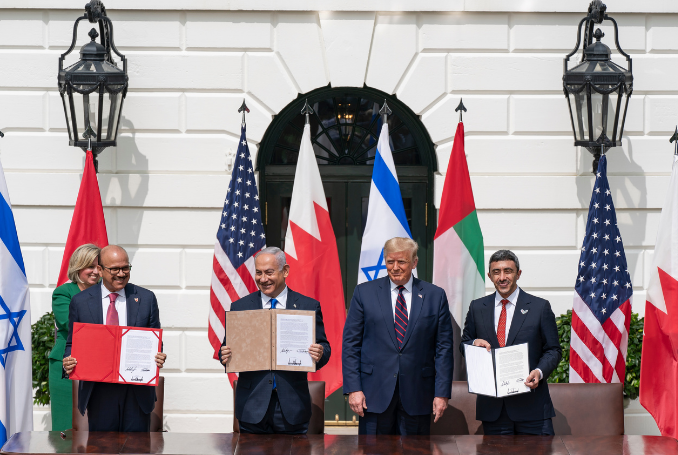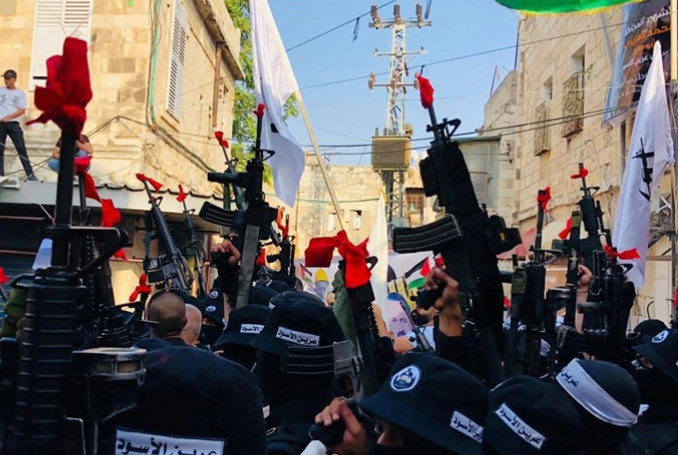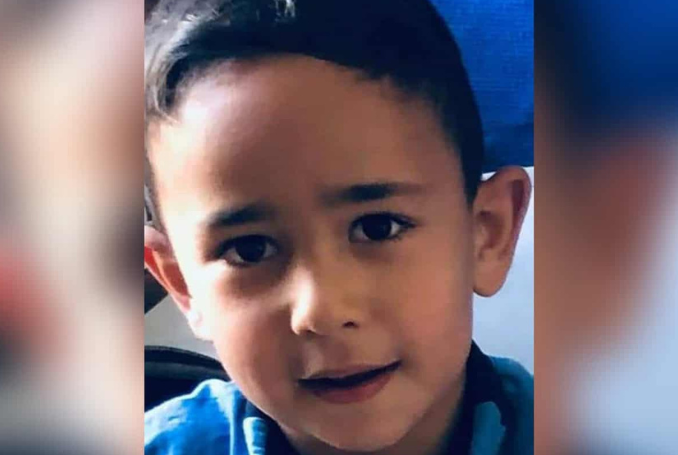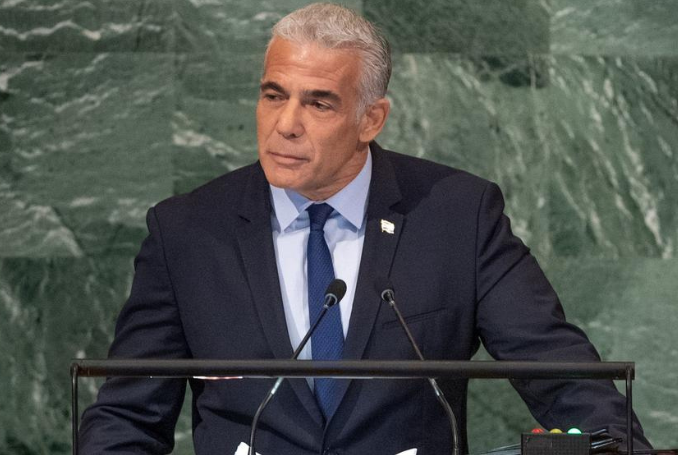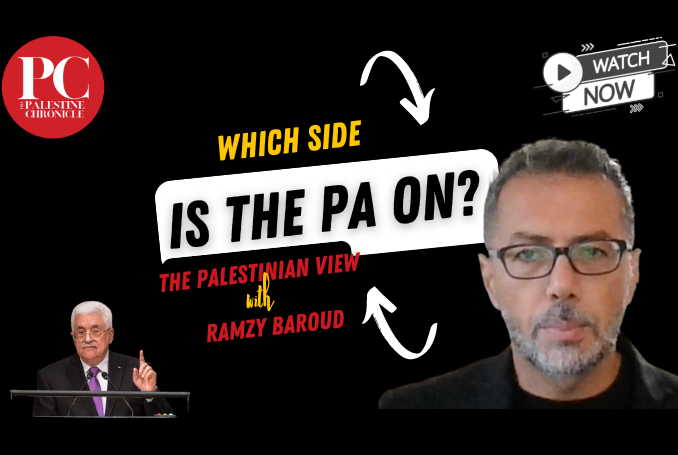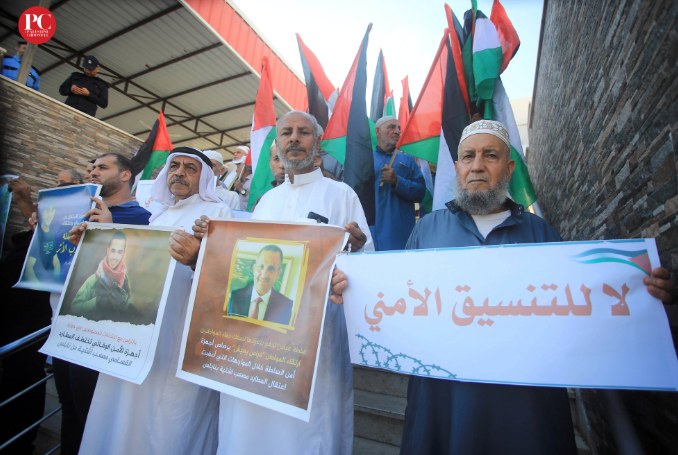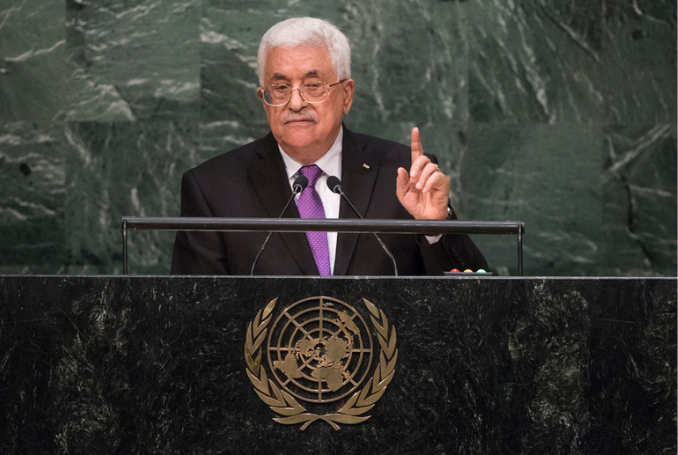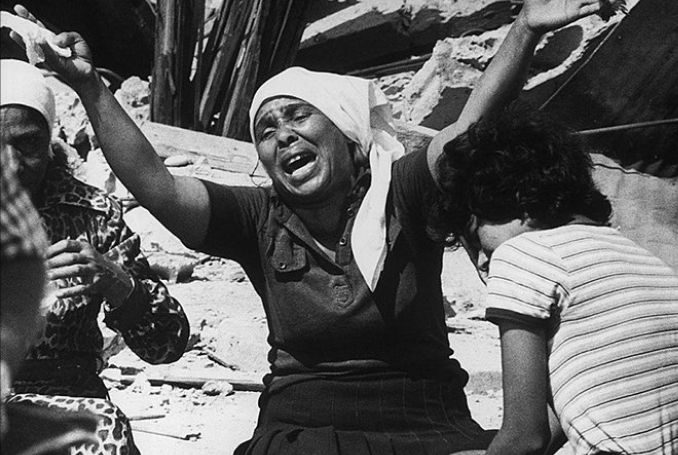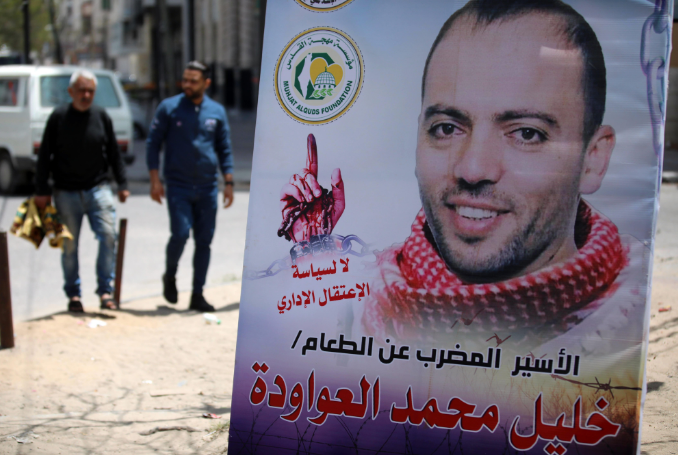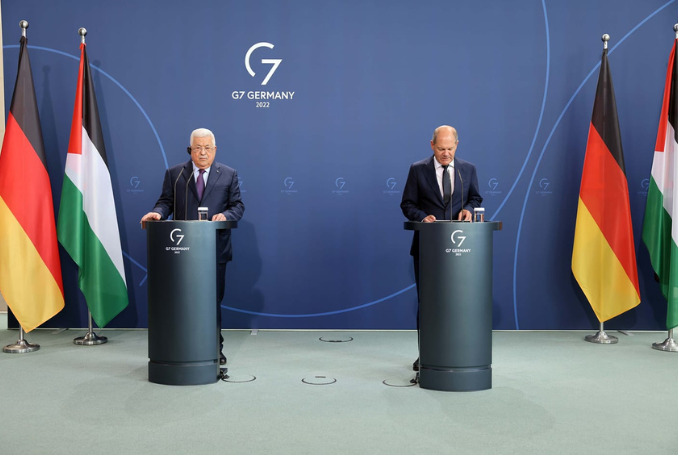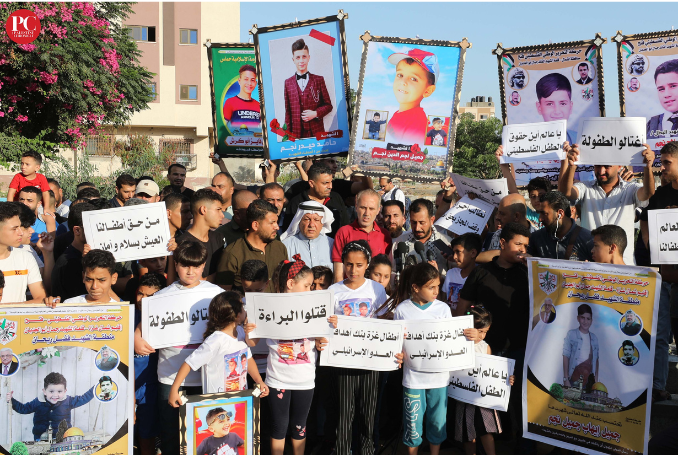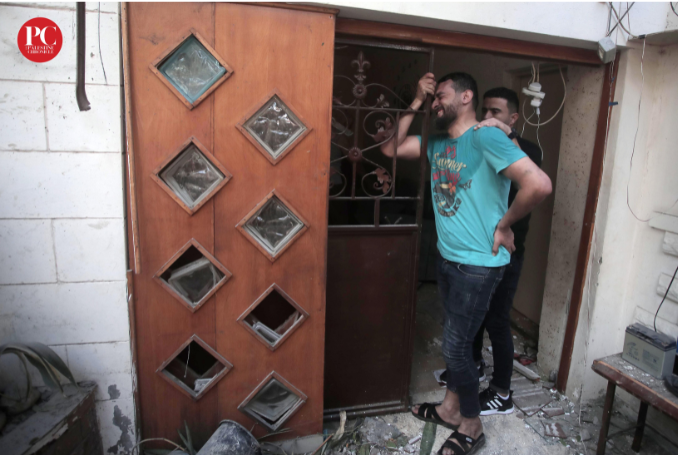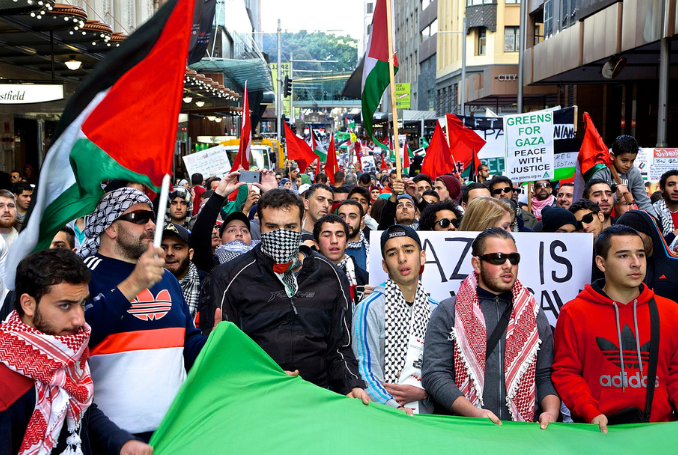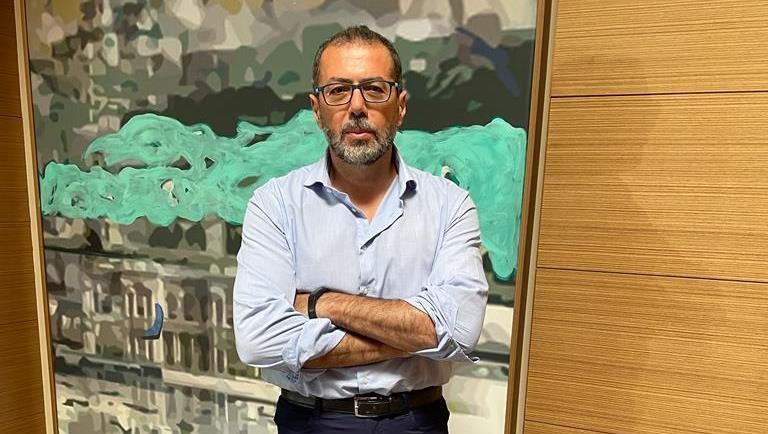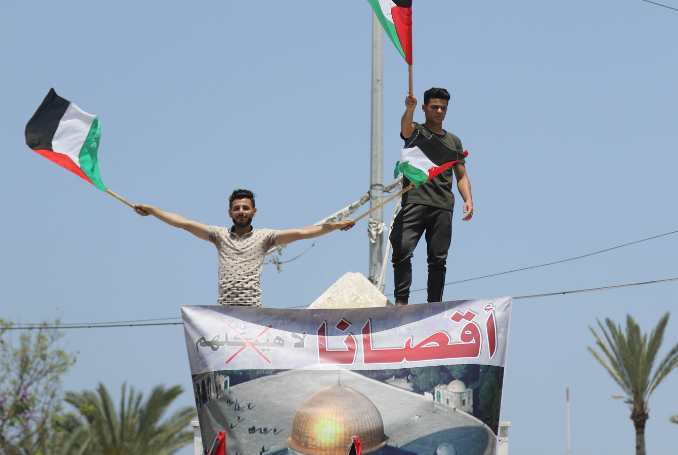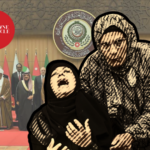- May 21, 2025
Palestine/Israel
Palestinians Are Not Liars: Confronting the Violence of Media Delegitimization
It is time to break away from the old way of thinking that saw the Palestinian as incapable of narrating, or of being a liability on his/her own story.
It Has Always Been a ‘Religious War’: On Ben Gvir and the Adaptability of Zionism
The Zionists, whether ‘political Zionists’ like Theodore Hertzl or ‘Spiritual Zionists’ like Ahad Ha’am’ – and now Netanyahu and Ben Gvir – have all used the Jewish religion to achieve the same end, colonizing all historic Palestine and ethnically cleansing its native population.
Time for Action is Now: What Will Happen after the ICJ Delegitimizes Israel’s Occupation of Palestine
The ICJ’s opinion is very important, but without meaningful action, a legal opinion alone will not reverse the sinister reality on the ground in Palestine, especially when this reality is bankrolled, supported and sustained by Washington and Israel’s other western allies.
On Giuseppe Trani and the ‘Human Condition’: Positive Vibes for 2023
We are not doomed to define ourselves by a ‘human condition’ in which change is not possible and where greed, selfishness and monopoly always prevail over the need for fairness, generosity and equality.
Criticizing or Whitewashing Israel: Netanyahu’s New Government Accentuates West’s Hypocrisy
In truth, Israel has not changed much, either in its own self-definition or in its treatment of Palestinians. Failing to understand this is tantamount to tacit approval of Israel’s racist, violent and colonial policies in Occupied Palestine over the course of 75 years.
Culture of Hope: 2022 and the Margins of Victory in Palestine
2022 was another year of tragedy and hope for the Palestinians. It is this hope, buoyed by numerous little victories, that makes the struggle for Palestinian freedom possible.
The Price of Betraying Palestine: Moroccans Challenge Normalization with Israel
The fact that Moroccans are mobilizing in large numbers against their country’s normalization with Israel only two years after the agreement is a sign of things to come.
On Football, Opium and Popular Resistance: Not All Sports Are Created Equal
Football is about winning a match or a tournament but, ultimately, it is about something bigger – unity, hope, power, social conflicts and, yes, popular resistance.
Lions’ Den is Not a Fleeting Phenomenon: On Palestine’s Looming Armed Revolt
Just when Israel, and even some Palestinians, began talking about the Lions’ Den phenomenon in the past tense, a large number of fighters belonging to the newly-formed Palestinian group marched in the city of Nablus.
The Nakba Day Triumph: How the UN Is Correcting a Historical Wrong
May 15, 2023, UN Nakba Day represents the triumph of the Palestinian narrative over that of Israeli negationists. This means that the blood spilled during Gaza’s March of Return was not in vain, as the Nakba and the Right of Return are now back at the center of the Palestinian story.
The ‘Begin Doctrine’: World Must Force Israel to Dismantle Its Nuclear Arsenal
It behooves everyone, Washington included, to join the rest of the world in finally forcing Israel to join the Non-Proliferation Treaty, a first but critical step towards long-delayed accountability.
Weakening the ‘Unbreakable Bond’: This is why the FBI Investigation of Israel is Important
The recent decision by the United States Department of Justice to open an investigation into the killing, last May, of Palestinian-American journalist Shireen Abu Akleh is not a game-changer, but important and worthy of reflection, nonetheless.
Palestinians are Native Americans: Time to Correct the Language of History
Unity is not a political document. Neither is international solidarity. It is a process that is shaped by a language which should be spoken collectively, relentlessly and boldly
For Lula’s Victory to Matter: A Proposal for a Unified Palestinian Foreign Policy
Until Palestinians revamp their problematic leadership or formulate a new kind of leadership through grassroots mobilization in Palestine itself, they should at least attempt to liberate their foreign policy agenda from factionalism, which is defined by a self-centered approach to politics.
Chasing a Mirage: How Israel Arab Parties Validate Israeli Apartheid
By remaining loyal participants in Israel’s democracy charade, these politicians continue to validate the Israeli establishment, thus harming, not only Palestinian communities in Israel but, in fact, Palestinians everywhere.
From Ally to Enemy: Australia Hammers Final Nail in US ‘Deal of the Century’
In the final analysis, it has become clear that the ‘Deal of the Century’ was not an irreversible historical event, but an opportunistic and thoughtless political process that lacked a deep understanding of history and the political balances that continue to control the Middle East.
Difficult Months Ahead: Why Israel is Afraid of the Lions’ Den
Palestinians are simply fed up with the Israeli occupation and with their collaborating leadership. They are ready to put it all on the line, in fact, in Jenin and Nablus, they already have.
Strangers Behind the Trees: On the Death of Rayan Suliman and His Fear of Monsters
Children of my Gaza refugee camp were rarely afraid of monsters but of Israeli soldiers. This is all that we talked about before going to bed. Unlike imaginary monsters in the closet or under the bed, Israeli soldiers are real, and they could show up any minute – at the door, on the roof or, as was often the case, right in the middle of the house.
Hidden Motives: Why Lapid is Not Serious about a Palestinian State
The talk of a Palestinian state is, therefore, meant to give whomever is to follow Abbas, political leverage that would allow him to stave off an armed revolt and take Palestinians into another futile hunt in search of another political mirage.
‘The Palestinian View’ – with Ramzy Baroud: Which Side is the PA On? (VIDEO)
Ramzy Baroud talks about the Palestinian Authority, its violence against the Palestinian people and the very future of the PA.
From Nabulsi to Shtayyeh: Which Side is the PA On?
The PA’s future course of action will likely determine its relationship with Israel and its western supporters, on the one hand, and with the Palestinian people, on the other.
Will the United Nations Finally Deliver Justice for Palestine?
Will the UN’s current power paradigm allow it to finally correct this historic ‘misstep’ by providing Palestinians with the long-delayed justice and freedom?
‘Avenging Sabra and Shatila’: On Israeli Massacres and Palestinian Resistance
While Israel continues to act with impunity, Palestinians also continue to resist. This is not just the lesson of Sabra and Shatila, but the bigger lesson of the Israeli occupation of Palestine as well.
‘Painful March for Freedom’: The Triumphant Legacy of Palestinian Prisoners
For Palestinians, these are acts of resistance that demonstrate the power of the Palestinian people: even in prison, handcuffed to a hospital bed, denied every basic human right, a Palestinian can fight, and win. Awawdeh did.
Investigating the Victim: On Abbas’ ‘Holocaust’ and the Depravity of Israeli Hasbara
What truly requires urgent investigation and condemnation is Israel’s continued exploitation and denigration of the memory of the Holocaust to score cheap political points against Palestinians, to silence critics and to hide the true extent of its numerous massacres, criminal military occupation and racist apartheid regime.
Fake Neutrality: How Western Media Language Misrepresents Palestinians, Shields Israel
While US and western mainstream and corporate media remain biased in favor of Israel, they often behave as if they are a third, neutral party. This is simply not the case.
Israel’s Premature ‘Victory’ Celebration: The Defining War in Gaza Is Yet to Be Fought
The Resistance in Gaza commented on the killing of the Nablus fighters by declaring that the conflict with Israel has entered a new phase. Indeed, it has.
Without Palestine, There is No Arab Unity: Why Normalization with Israel Will Fail
Historically, such attempts have failed, and often miserably so, as apartheid Israel remains as hated by those who normalized as much as it is hated by those who have not.
Anadolu: Palestine Needs ‘New Vision for Liberation’ as Israel Bombs Gaza
Speaking to Anadolu Agency in Istanbul, where he was attending a closed-door discussion on the Palestinian liberation struggle, Baroud said ‘there’s always this need that we need to go beyond the stale discourse on Palestine.’
Why Resistance Matters: Palestinians are Challenging Israel’s Unilateralism, Dominance
The reason why Israel refuses to acknowledge Palestinian political agency is that, in doing so, Tel Aviv would have no other alternative but to engage Palestinians as partners in a political process that could guarantee justice, equality and peaceful co-existence.


